
ESRC South West Doctoral Training Partnership (SWDTP) Information Session
Are you involved in social science research?
Would you like to supervise of PhD student?
Are you interested in collaborating with the other universities, sharing best practice, resources and academic knowledge?
Would you like to find more?
We are pleased to announce a ‘lunchbite’ session oriented toward academic colleagues who are interested in future calls for the ESRC South West Doctoral Training Partnership (SWDTP).
This session is designed to provide more information about the SWDTP, the pathways which Bournemouth University belong to, the timelines for 2026 cohort applications, and aid supervisors with supporting potential applicants.
The SWDTP offers funding for research in eighteen different disciplinary and interdisciplinary pathways, spanning across the social sciences. BU is linked to 3 of those pathways:
- Psychology – Pathway Lead: Professor John McAlaney (jmcalaney@bournemouth.ac.uk)
- Climate Change, Sustainability & Society – Pathway Lead: Dr Sarah Elliott (selliott@bournemouth.ac.uk)
- Health, Well-being & Society – Pathway Lead: Professor Michael Silk (msilk@bournemouth.ac.uk)
To find out more, please join us at the following session:
- Monday 2 June 2025 | 12-00 – 13:00 | Talbot Campus: Room F306
Register here
Best wishes,
The Doctoral College

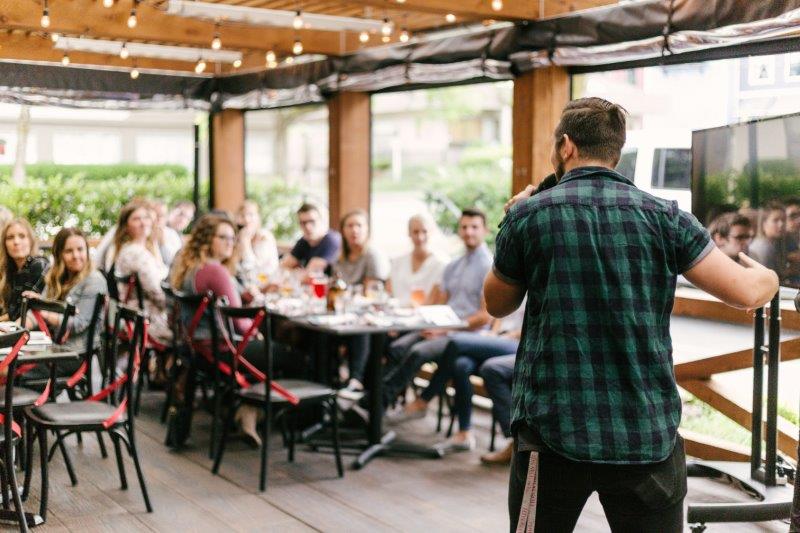

 The latest issue of
The latest issue of 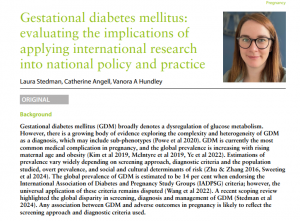 Laura Stedman reports on the global variance in screening approaches and diagnostic criteria for gestational diabetes mellitus (GDM). She explores the impact of these differences on policy recommendations and practice. Without a universally accepted screening criterion, the variance in approaches makes accurately calculating the prevalence of GDM difficult. Untreated GDM results in women being more likely to experience pre-eclampsia, caesarean birth or stillbirth, while babies are more likely to be born prematurely, macrosomic or large for gestational age.
Laura Stedman reports on the global variance in screening approaches and diagnostic criteria for gestational diabetes mellitus (GDM). She explores the impact of these differences on policy recommendations and practice. Without a universally accepted screening criterion, the variance in approaches makes accurately calculating the prevalence of GDM difficult. Untreated GDM results in women being more likely to experience pre-eclampsia, caesarean birth or stillbirth, while babies are more likely to be born prematurely, macrosomic or large for gestational age. Also in this issue, Maryam Malekian, a MRes student in CMWH, has had her scoping review protocol published. Maryam has recently completed the review looking at knowledge and attitudes of nulliparous women regarding breastfeeding. She presented this work at the Maternal, Parental and Infant Nutrition and Nurture Unit (MAINN) Conference in April and has submitted the findings for publication.
Also in this issue, Maryam Malekian, a MRes student in CMWH, has had her scoping review protocol published. Maryam has recently completed the review looking at knowledge and attitudes of nulliparous women regarding breastfeeding. She presented this work at the Maternal, Parental and Infant Nutrition and Nurture Unit (MAINN) Conference in April and has submitted the findings for publication.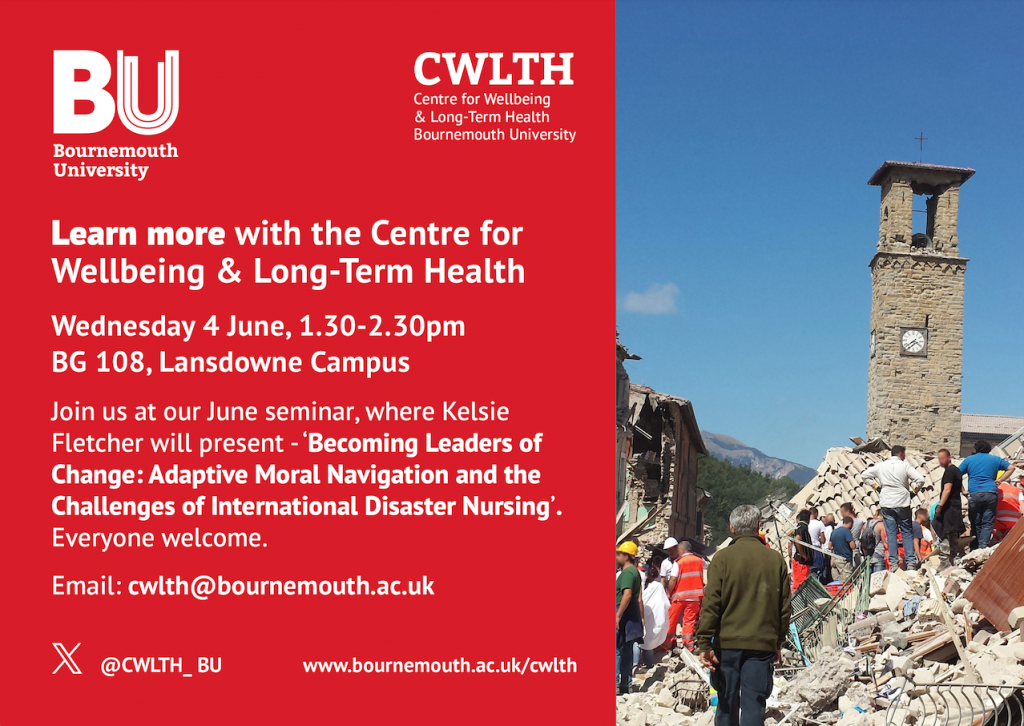
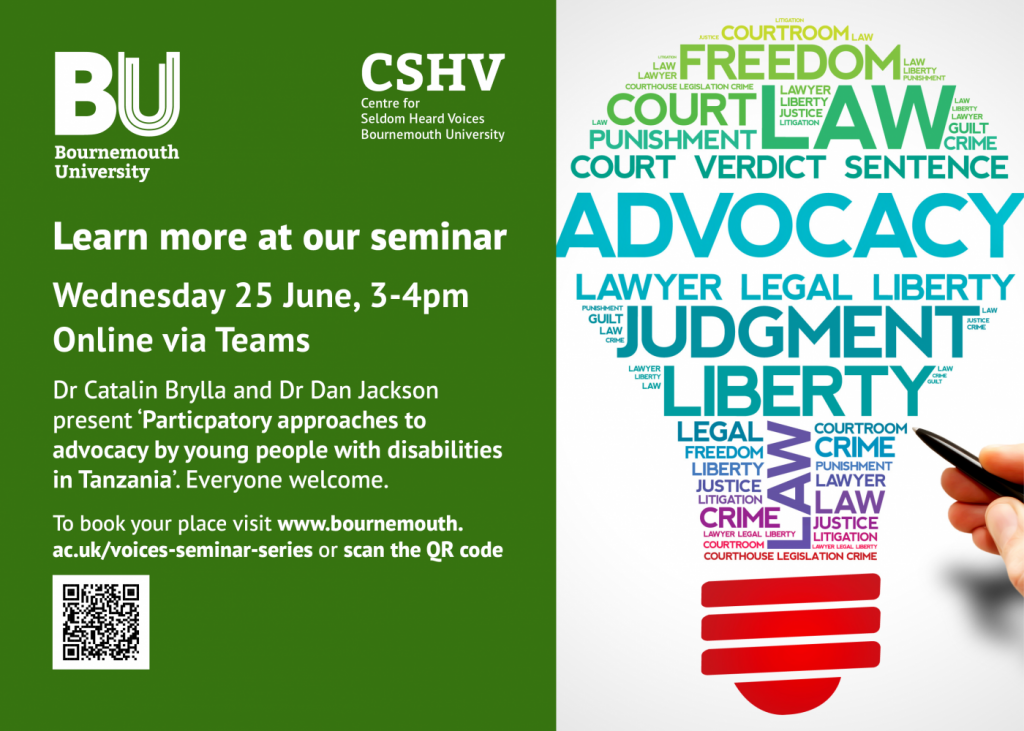
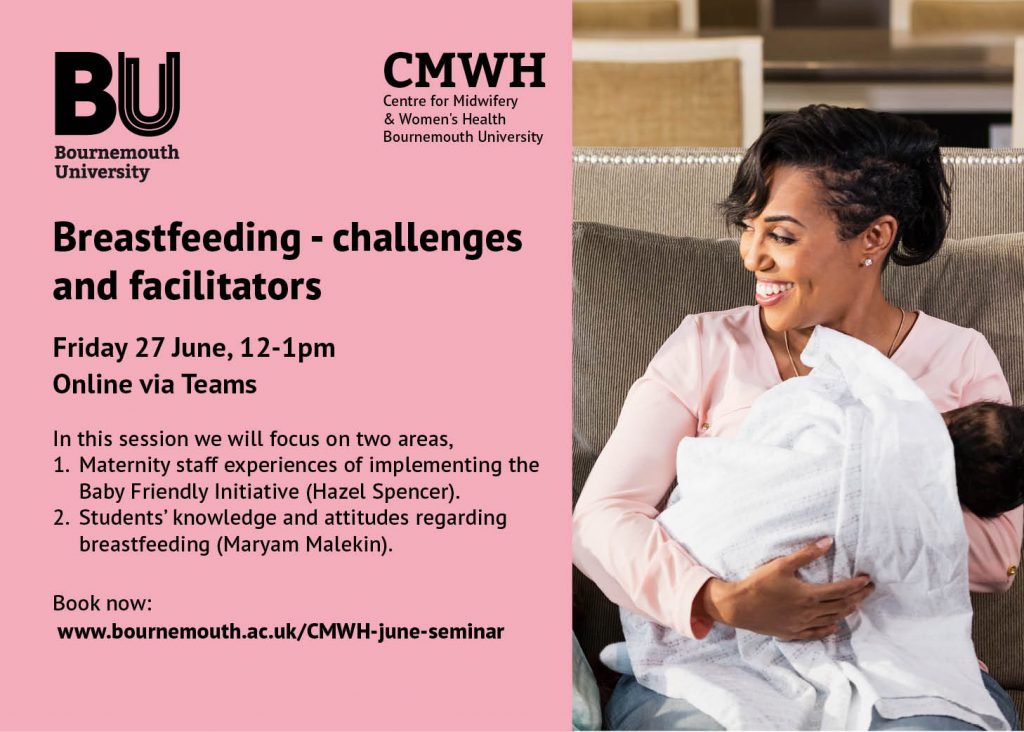
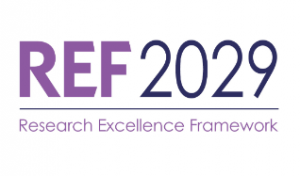 The Research Excellence Framework (REF) is the UK’s system for assessing the excellence of research in UK higher education providers and is managed by Research England.
The Research Excellence Framework (REF) is the UK’s system for assessing the excellence of research in UK higher education providers and is managed by Research England.

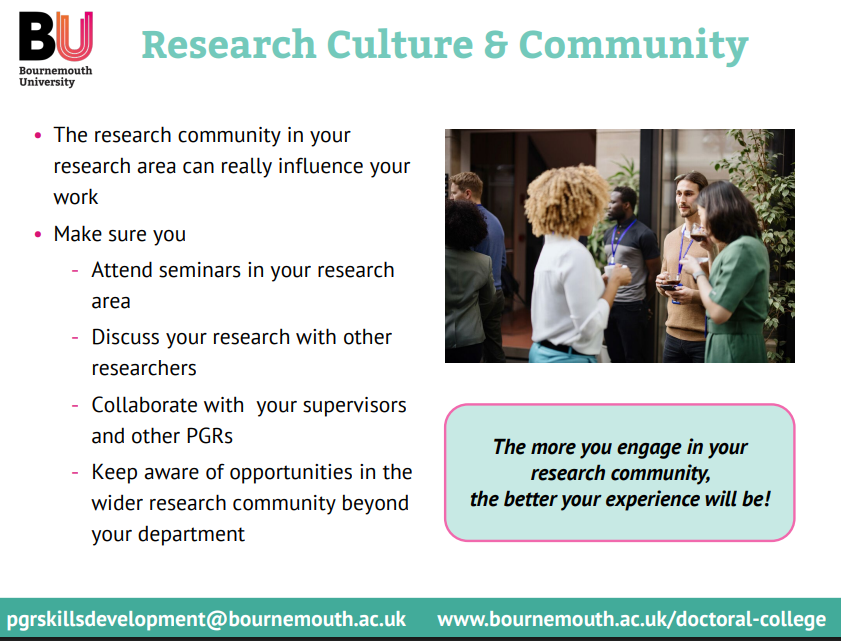

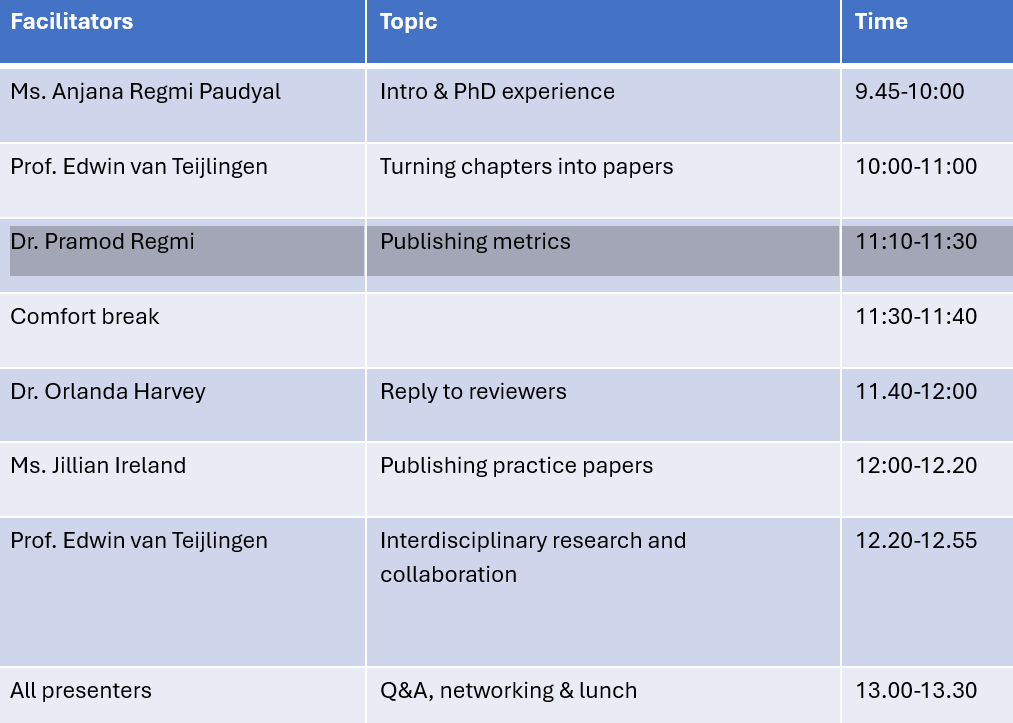
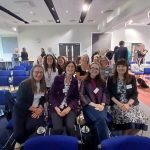
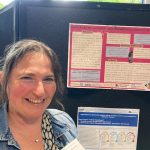
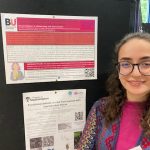












 Dr. Ashraf cited on ‘Modest Fashion’ in The Guardian
Dr. Ashraf cited on ‘Modest Fashion’ in The Guardian NIHR-funded research launches website
NIHR-funded research launches website Academics write for newspaper in Nepal
Academics write for newspaper in Nepal New paper published on disability in women & girls
New paper published on disability in women & girls MSCA Postdoctoral Fellowships 2025 Call
MSCA Postdoctoral Fellowships 2025 Call ERC Advanced Grant 2025 Webinar
ERC Advanced Grant 2025 Webinar Horizon Europe Work Programme 2025 Published
Horizon Europe Work Programme 2025 Published Horizon Europe 2025 Work Programme pre-Published
Horizon Europe 2025 Work Programme pre-Published Update on UKRO services
Update on UKRO services European research project exploring use of ‘virtual twins’ to better manage metabolic associated fatty liver disease
European research project exploring use of ‘virtual twins’ to better manage metabolic associated fatty liver disease